There are animals who come to the world of politics only to do good. “If you want a friend in Washington, get a dog”Is one of the phrases often attributed to former US President Harry Truman and which portrays well the unwavering loyalty of four-legged friends, even in the harshest environments.
READ ALSO | Mandatory vaccination, sanctions and fines in Italy: Peruvians tell how the country responds to the fierce advance of omicron
His contribution in the realm of power is evident. On one side are the animals: tender, loyal and pure. On the other, the politicians, who need no further description. There are not a few leaders and presidential candidates who pose with their pets or publicly show their affection for them, garnering ‘likes’ and positive comments on social networks.
It occurs even with those that one would not describe as cute, such as the Russian president, Vladimir Putin, whose photos lovingly holding puppies of different breeds do not seem very compatible with the accusations of tyranny and poisoning of enemies that fall on him. Several of the animals that come into his arms are gifted to him by other world leaders.
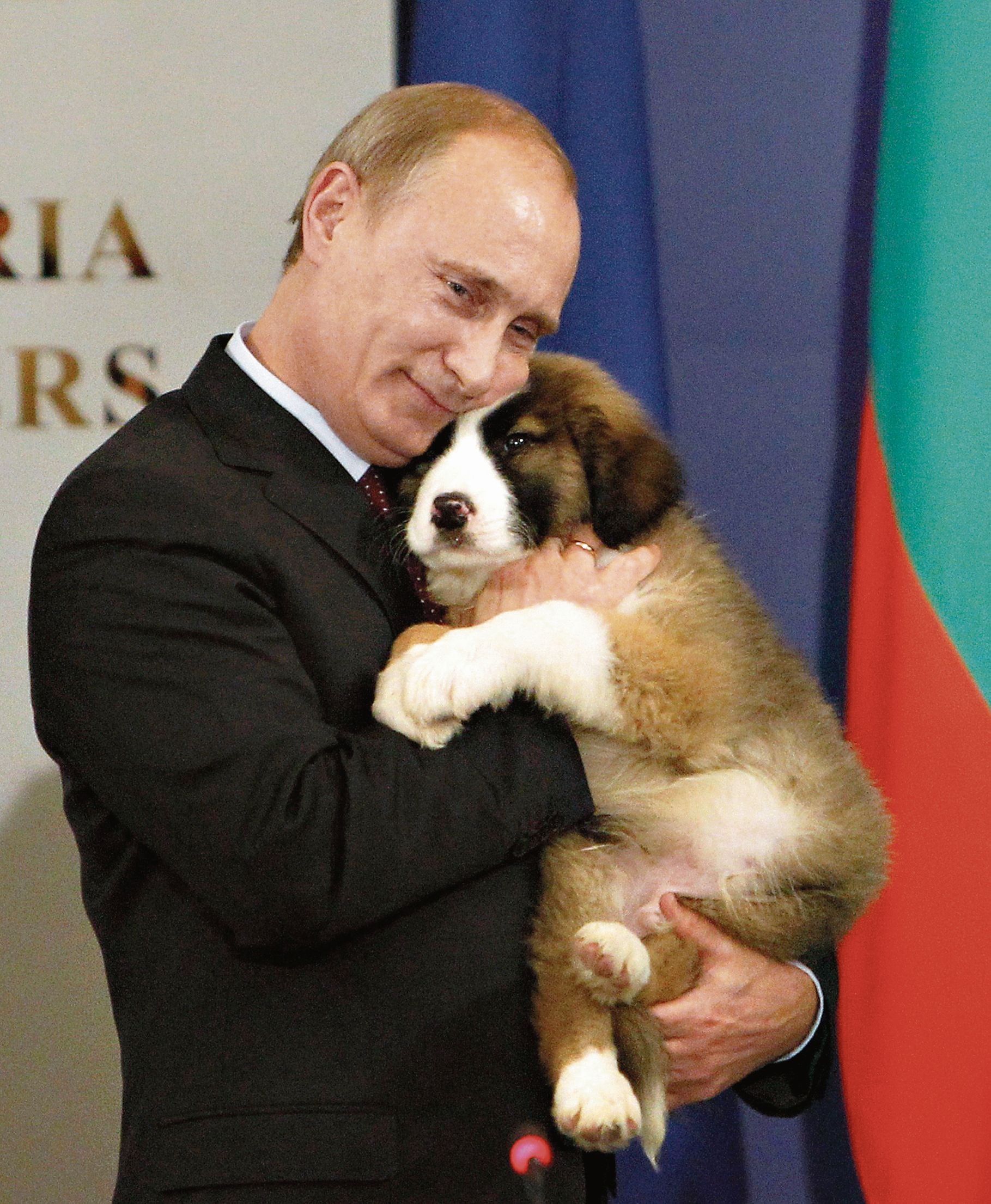
The White House Historical Association itself recognizes that, since the mandate of Theodore Roosevelt, the presidential mascots in the United States have been in the public eye and have humanized the political image of the leaders. “President Herbert Hoover’s mascot, a Belgian Malinois police dog named King Tut, is known to have fixed the image of Hoover before the public, which was seen as lacking in charisma and personal warmth.”He notes on his website.
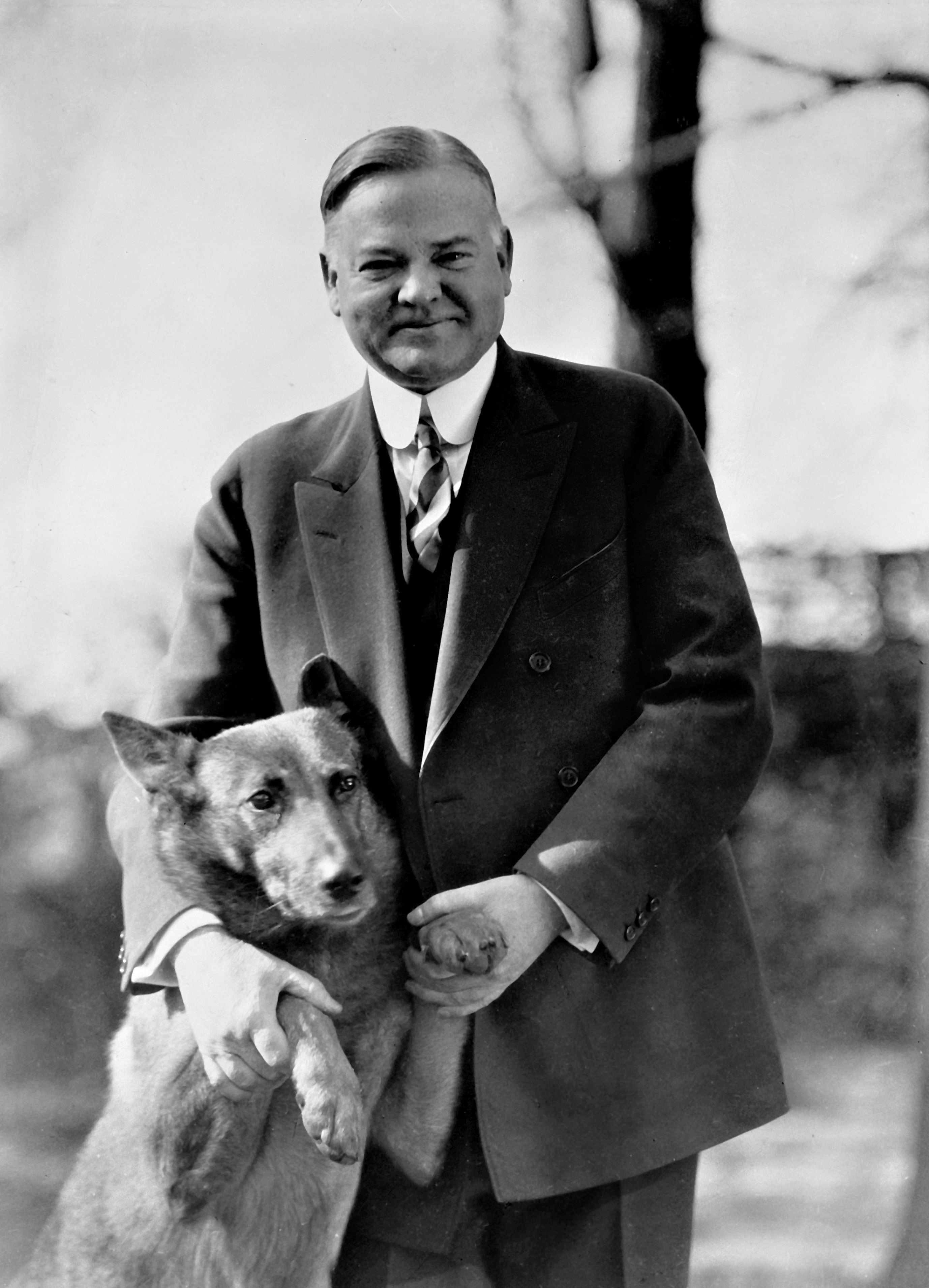
In our region, the recent presentation on social networks of Brownie, the dog of the president-elect of Chile, Gabriel Boric, is one of the latest examples of the values and advantages that animals can bring to politicians. The German shepherd cross has its own Twitter and Instagram accounts, and even made a video call with Dylan, the collie that is one of the five pets of the Argentine head of state, Alberto Fernández, who also usually posts photos with his pets in his official channels.
See this post on InstagramA post shared by Brownie Boric Font (@brownie_presidencial)
See this post on InstagramA post shared by Brownie Boric Font (@brownie_presidencial)
See this post on InstagramA shared post from DYLAN ???? (@dylanferdezok)
Greater closeness
Even before social media, presidential mascots had always been very popular, some even becoming celebrities in their own right, appearing in videos, books, and television shows.
“President Franklin Roosevelt’s dog, Fala, was his constant companion, and he was so popular that he had his own secretary to handle his correspondence.“Diana Owen, professor of Political Science at Georgetown University, tells El Comercio.
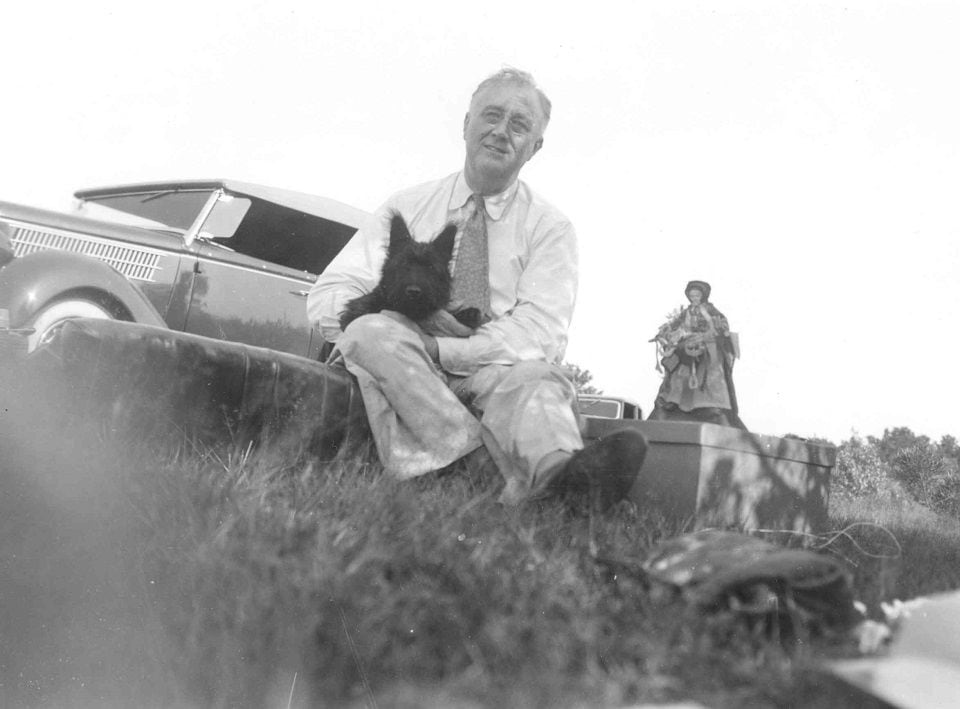
He also recalls that in a speech about alleged abuses of his campaign funds, President Richard Nixon mentioned that the family dog, Checkers, was a gift, and that he was not going to return it. President George W. Bush and his wife had two Scottish terriers, Barney and Mrs. Beasley. The adventures of the two terriers and the Bush cat, Willie, were followed on webcam videos and appeared in books.
During the first term of the Clinton administration, Socks, a stray cat adopted by the Clintons, was the family pet. Socks also appeared in books and cartoons, had cameos on television shows, and appeared in a video game. He left the White House during the Clintons ‘second term because he didn’t get along with the Clintons’ dog, Buddy. Meanwhile, Barack Obama and his wife acquired the Portuguese water dogs Bo and Sunny for their daughters, and the family was often out walking or playing with the dogs.
See this post on InstagramA post shared by Bo Obama (@bo_obama)
See this post on InstagramA post shared by Bo Obama (@bo_obama)
More recently, the Bidens’ dogs have been the subject of some drama. After Champ was expelled from the White House for biting incidents and Major passed away, the American presidential couple now have a new dog, Commander, who has become very popular.
“The mascots of politicians and presidents have an underrated political role that is nonetheless important. Pets provide a way to connect with people and build empathy that transcends politics. Politicians’ relationship with their pets allows us to know their personal life and personality, which are not otherwise visible to the public, especially since they can convey a feeling of affection and fun”Says Owen.
Diana C. Mutz, Professor of Political Science and Communication at the University of Pennsylvania, explains that “many people believe that how owners treat their pets tells us something about how they will treat other human beings as well”.
See this post on InstagramA post shared by President Joe Biden (@potus)
See this post on InstagramA post shared by President Joe Biden (@potus)
Every president of the United States in the last 100 years, with the exception of Donald Trump, has had pets in the White House. “Trump supporters wanted him to have a dog, but he said it was unworthy to walk a dog. White House mascots appear frequently in photos and generally help humanize the president”, Mutz points out to this newspaper.
Owen also indicates that rulers have pets by their side during periods of scandal and war, as they have been shown to soften the message. “However, research shows that pets are not effective in diverting attention from issues that directly affect voters, such as during periods of economic crisis.”, He points out.
See this post on InstagramA shared post from Nemo Macron ???? (@macronnemo)
See this post on InstagramA post shared by Justin Trudeau (@justinpjtrudeau)
Beyond that, the broad appeal of pets can help politicians connect with animal lovers of all parties. President Barack Obama was surprised by the number of messages of sympathy he received from his rivals when his dog, Bo, passed away.
As for what type of public the content related to pets attracts the most, the experts agree that they attract all ages. “Although they are especially popular with young fans, including those who are not of voting age”, añade Owen.
The origin of the fascination
In short, pets are the kind of topic that even people who are not interested in politics are interested in. Where does this fascination come from?
Harriet Ritvo, a historian and professor at MIT who studies human-animal relationships, points out that in Europe and elsewhere, the current set of attitudes toward animals began to emerge – for ordinary people at least – in the latter part of the century. 18th century, which also saw the beginning of the modern humanitarian movement and the spread of pet ownership among non-elitists.
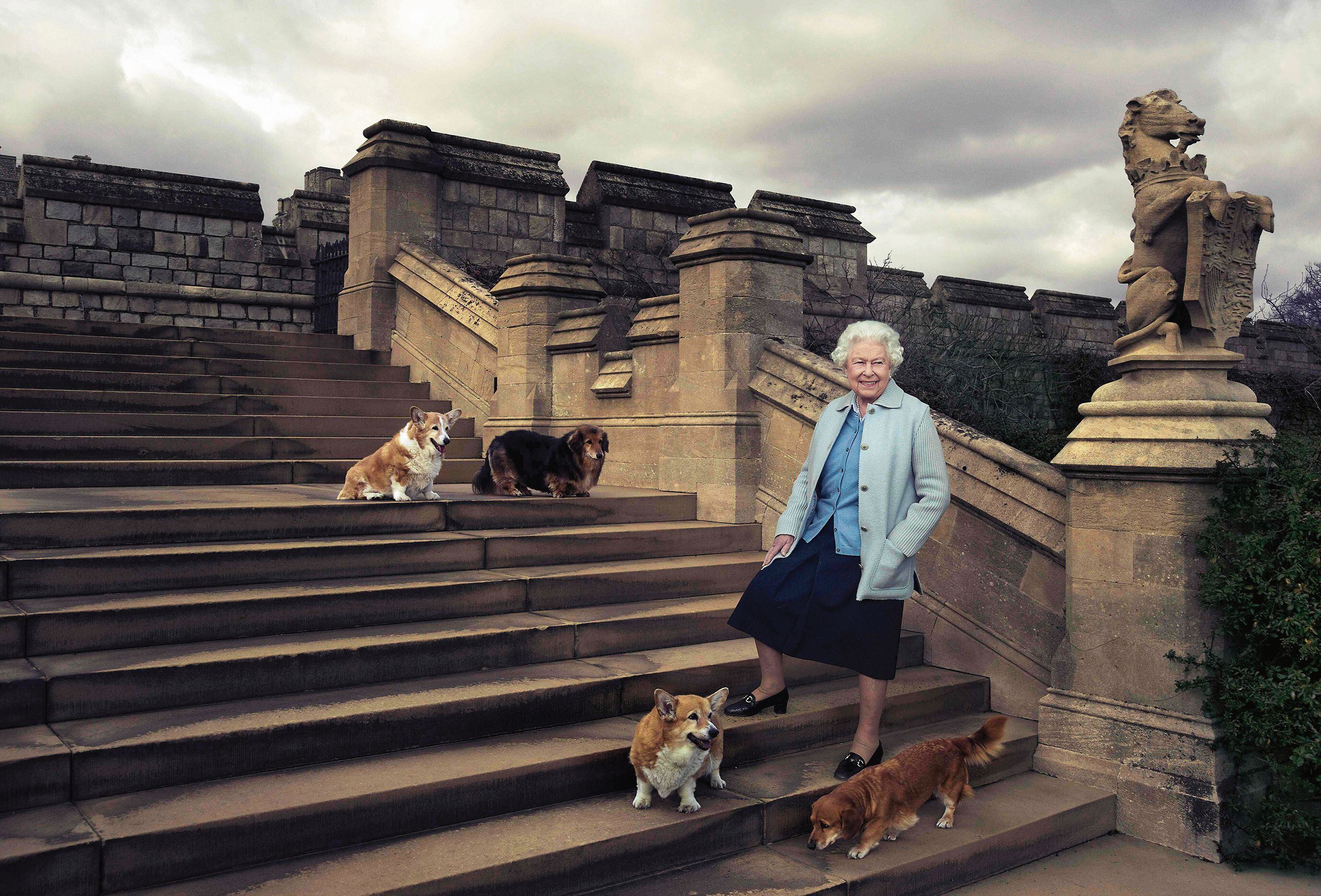
“But of course there is evidence of feelings of close connection with domestic animals and even with wild animals adopted in many cultures. I can’t speculate on humans on a universal level, but it seems likely that most people – as well as many animals – perceive the similarities between humans and other species.”, He pointed out to El Comercio.
That is why it is understandable that humans feel more empathy for those who love animals. It is, explains Ritvo, a perspective that in the 19th century and before that date had often been expressed in its negative version. “That is, it was considered that the inclination to be cruel to animals could predict future violence towards people or other types of criminal behavior”, Says the historian.
These days, the role of animals in politics depends a lot on the publicity that the media makes of the mascots of presidents and politicians and their interactions with them.
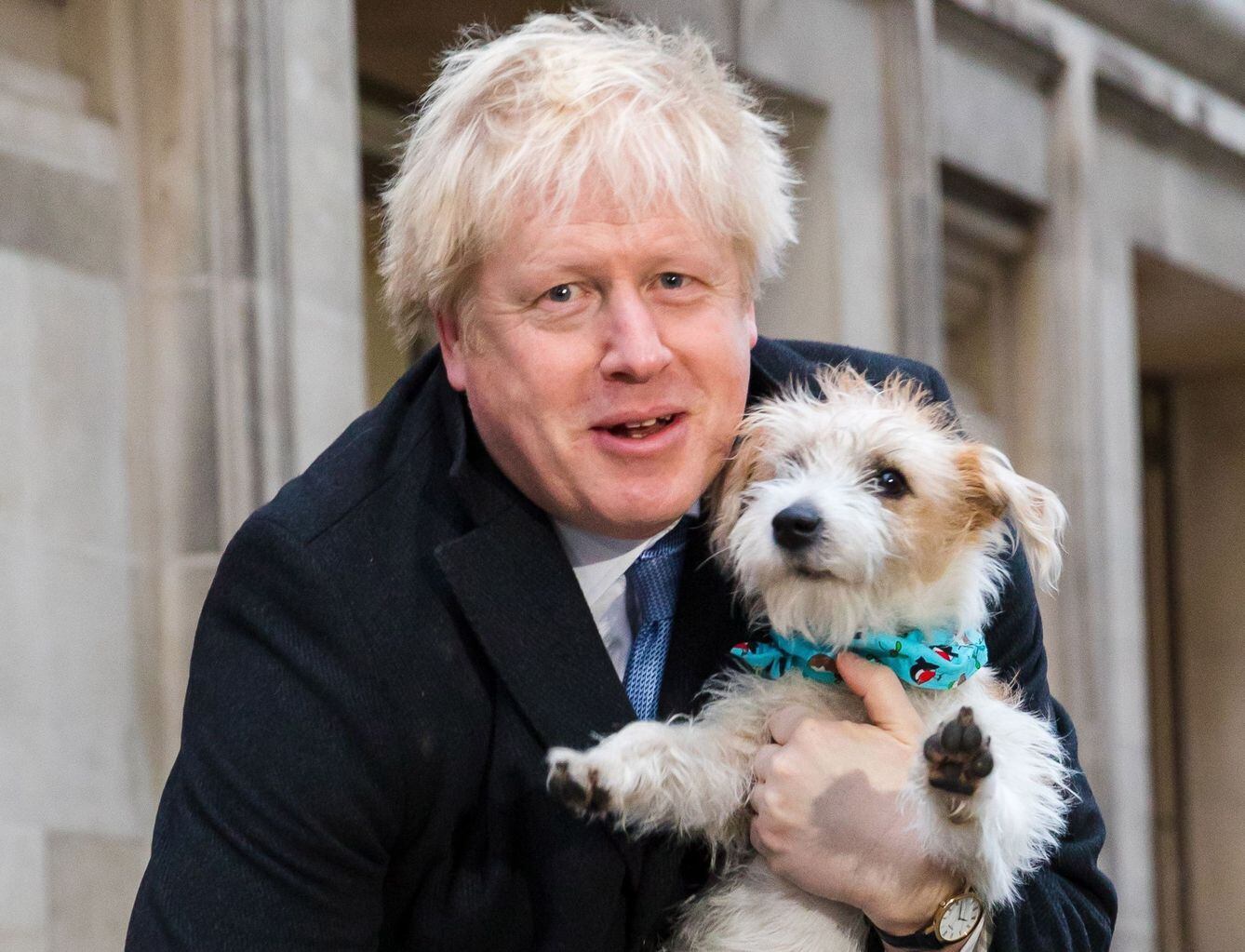
“Given America’s 24/7 media cycle, there’s a lot of airtime to fill that didn’t exist on 30-minute newscast days. Pet stories have human interest and can help fill that time. They are stories that always attract the media”, explica Diana C. Mutz.
Also, whether a given mascot helps a politician’s image depends on the type of mascot and the audience you want to appeal to.
Mutz recalls the case of Rafael Warnock, Georgia’s first black senator. The politician featured his dog in his campaign ads and received a lot of media attention (which is even better for him because the candidate doesn’t need to pay for free airtime). “But the most important thing is that it was a type of dog (a beagle) that was tender for the type of people who usually fear black men. Someone with a pet pit bull or alligator sends a very different message.”, He points out.
I told you the smear ads were coming, but Georgians will see Sen. @Kloeffler’s ads for what they are. pic.twitter.com/0sgU8ndC63
— Reverend Raphael Warnock (@ReverendWarnock) November 24, 2020
______________
- “You cannot vaccinate the planet every 6 months. It is not sustainable “
- America’s strategy to ride out the waves of coronavirus
- France identifies new variant of COVID-19 called IHU with 46 mutations
- The Bogdanoff brothers, the most famous twins in France, die of coronavirus six days apart
- Coronavirus: What is “flurone”, the strange picture of double infection that puts the world on alert
.

:quality(75)/cloudfront-us-east-1.images.arcpublishing.com/elcomercio/SQWUIZPNGJBHRDRK2PNWUBU4LU.jpg)

:quality(75)/cloudfront-us-east-1.images.arcpublishing.com/elcomercio/2HJFX7A7ERHDVCBV5T3OAI77XU.jpg)
:quality(75)/cloudfront-us-east-1.images.arcpublishing.com/elcomercio/QOJLZCFQCJB33H4TIVCKI5SEV4.jpg)

:quality(75)/cloudfront-us-east-1.images.arcpublishing.com/elcomercio/KVESWZZFAFBRVA7VFL64Y4T72Y.jpg)
